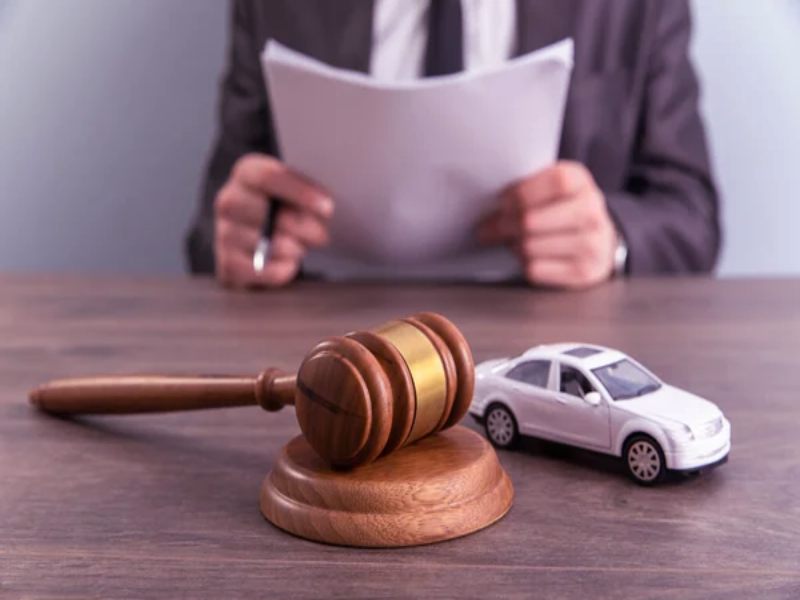Lemon Law Ohio: Your Guide to Vehicle Consumer Protection
Buying a new vehicle is often an exciting milestone, but what happens when that shiny car or motorcycle turns out to be more of a lemon than a dream ride? If you’ve ever found yourself frustrated with persistent issues after making a big purchase, you’re not alone. The good news is that Ohio has a Lemon Law designed to protect consumers just like you. This law aims to ease the burden by ensuring manufacturers take responsibility for vehicles that have serious defects affecting their safety and usability. In this guide, we’ll break down how Ohio’s Lemon Law works, what vehicles it covers, and the steps you need to take if you think your new ride isn’t living up to its potential. Let’s dive in and make sure you understand your rights as a consumer on the road!
The Lemon Law in Ohio protects consumers who purchase or lease new vehicles that have significant defects affecting their use, safety, or value. If a vehicle cannot be repaired after multiple attempts within one year, the consumer may be entitled to a refund or replacement under this law.
Ohio Lemon Law Overview
The Lemon Law Lawyer Ohio serves as a protective shield for consumers grappling with faulty vehicles. If you face persistent issues despite multiple repair attempts, understanding this law becomes essential. At its core, the law is designed to hold manufacturers accountable, ensuring they either fix, replace, or refund vehicles deemed “lemons.” This can often be a stressful process, but knowing your legal standing provides you leverage.
According to the Ohio Attorney General’s Office, which oversees Lemon Law cases, protections are activated if problems arise within the first year from purchase or after driving 18,000 miles—whichever occurs first. Since the law was established in 1987, thousands of consumers have successfully navigated their claims to secure just resolutions. These statistics are encouraging and serve as a testament to how the law acts as an effective recourse for frustrated vehicle owners.

But what kinds of vehicles does this law cover? Understanding the eligibility criteria is crucial when contemplating a claim.
In Ohio, the Lemon Law applies predominantly to new passenger cars, trucks, motorcycles, and other motor vehicles registered in the state. Leased vehicles also benefit from this consumer protection. The definition of a ‘defect’ under this law refers to issues that significantly impair a vehicle’s use, safety, or value. Minor issues, like cosmetic defects or infrequent problems that don’t affect overall functionality, typically don’t qualify.
A key aspect of navigating the Lemon Law process lies in understanding what constitutes “reasonable attempts” at repairs. Generally, three attempts to fix the same problem may suffice; however, this can vary based on circumstances such as severity or type of defect. Additionally, if a vehicle is out of service for an extended period—often defined as being in the shop for 30 cumulative days—this could further establish a claim.
Armed with knowledge about what qualifies under this law equips consumers with confidence when dealing with manufacturers and dealerships.

It’s critical to keep thorough documentation throughout the entire process—from repair orders and receipts to any correspondence with manufacturers or dealerships. This paper trail not only speaks volumes regarding your diligence but also strengthens your position should you move forward with filing a Lemon Law claim.
By being informed and proactive about your consumer protection rights in Ohio, you are better positioned to tackle potential disputes head-on and emerge with a favorable outcome in hand.
As we explore further into consumer protection laws, it’s vital to understand all aspects of eligibility that may come into play when making a claim.
Covered Vehicles Explained
The Ohio Lemon Law provides a shield for those who purchase new passenger vehicles and certain types of motorized equipment. Specifically, it includes not just your average family cars but also motorcycles and non-commercial vehicles that weigh less than 10,000 pounds. This means that if you’ve recently bought a new sedan, motorcycle, or lightweight truck and encounter persistent issues that can’t be resolved, you might be eligible for compensation or a replacement vehicle.
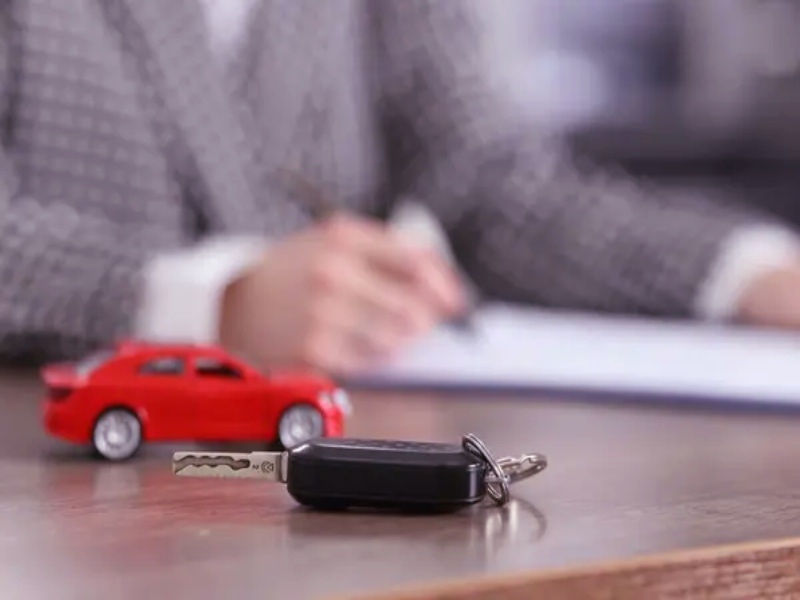
What qualifies as “new”? Under Ohio’s regulations, a car is considered “new” if it’s sold under its first year of ownership or has traveled under 18,000 miles. This includes demonstrator vehicles, which are often used for test drives by dealerships. However, potential lemon claimants should pay close attention to mileage and timeframe; once a vehicle surpasses these benchmarks, it usually falls outside the protection of the law.
It’s important to note that while many types of vehicles qualify, recreational vehicles like ATVs and RVs—if used solely for recreation purposes—do not receive any coverage under this statute.
You may ask why such distinctions exist. Essentially, the Lemon Law aims to protect consumers from defects in primary modes of transportation that are considered necessary for daily life rather than leisure activities. For instance, if you purchased a new sedan that develops transmission issues shortly after purchase, you stand on solid ground with a possible Lemon Law claim. But if you’re experiencing mechanical trouble with an ATV designed purely for weekend fun? Unfortunately, that’s not covered.
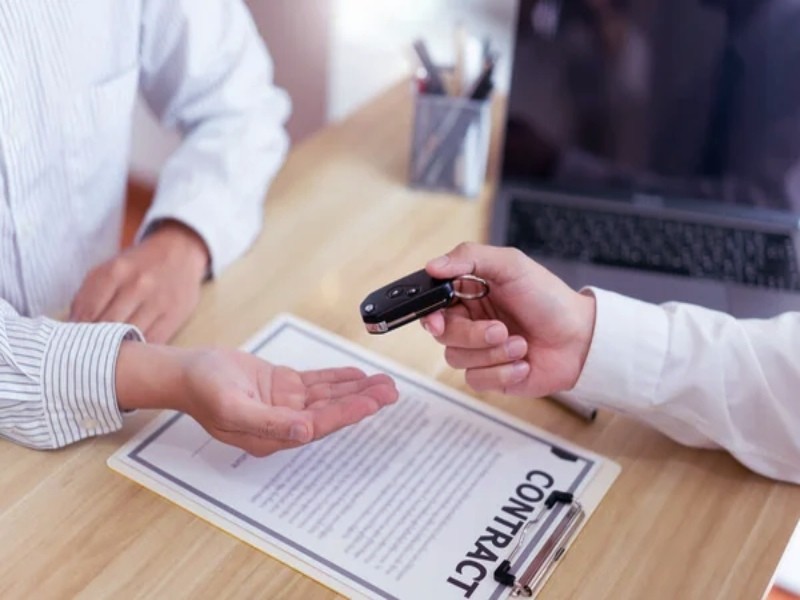
This understanding can save you time and potential frustration. If you believe your vehicle might qualify as a lemon but aren’t certain about its specifications, consider checking your vehicle’s weight class and purpose. Researching its eligibility before proceeding with a claim can avoid unnecessary stress later.
Now that we’ve established what kinds of vehicles are included in the Lemon Law framework, let’s take a closer look at the specific criteria that determine eligibility for making claims related to vehicle defects.
Eligibility Criteria
To qualify for protection under Ohio’s lemon law, your vehicle must adhere to specific stipulations designed to ensure fairness and transparency. Firstly, the defect you experience must substantially impair the car’s use, value, or safety. It’s not just any inconvenience; it needs to be a serious issue affecting how well you can drive or use your vehicle.
Major Criteria
- Timeframe: The defect must manifest within the first year of ownership or within 18,000 miles, whichever comes first. This means that if you’ve owned your vehicle for over a year and are experiencing issues, those problems may not qualify under this law. It’s essential to keep track of both time and mileage right from the moment of purchase.
- Repair Attempts: The manufacturer must have attempted to repair the same defect three or more times while still under warranty. If you’ve taken your car in repeatedly for repairs related to the same ongoing issue, it’s crucial to document each of these visits. Keeping detailed records of what went wrong and what repairs were attempted will strengthen your case significantly.
- Out-of-Service Period: Alternatively, if your vehicle has been out of service for repairs for a cumulative total of 30 days or more due to defects, this criterion may also make you eligible. This rule ensures that lengthy periods without your vehicle can count towards a valid claim—meaning your day-to-day life should not be derailed by persistent automotive troubles.

Remember that every state has its unique variations on lemon laws—but in Ohio, keeping diligent logs of your repairs is essential for making sure that you’re covered.
Understanding these eligibility criteria is vital as we prepare to navigate through the necessary steps involved in filing a claim effectively.
Steps to File a Claim
To navigate the maze of Lemon Law claims in Ohio, it’s essential to approach each step with care and precision. First and foremost, promptly report any defects to the manufacturer or dealership. This might feel tedious, but ensuring they are aware of your issues right away is crucial; after all, you’ve put time and money into that vehicle, and it’s only fair to ensure they acknowledge your concerns. Timely communication sets a strong foundation for the claims process and shows your commitment to resolving the issue.
However, simply communicating about the defect isn’t enough; keeping accurate records is equally vital.
Ensure you save every repair order and invoice related to the issues with your lemon. These documents serve as clear evidence of the recurring problems you’ve experienced and what steps have been taken toward resolution. Think of them as your armor in the battle for justice regarding your vehicle; without this proof, it becomes significantly harder to argue your case. Even if you’re dealing with a friendly dealership or a responsive manufacturer, having these materials will provide you with much-needed leverage throughout the process.

Once you’ve reported the issue and gathered necessary documentation, the next step involves formally notifying the manufacturer by sending a certified letter.
Requesting a final repair attempt via this certified letter is an important move before moving forward with the claim. This letter is not merely good practice; it serves as formal documentation that you’ve allowed them one last opportunity to rectify the situation. Be sure to include all relevant information, such as your car’s make, model, year, VIN, details of repairs already attempted, and copies of previous correspondence. Having this on record can be pivotal in demonstrating that you’ve adhered to both the rules of engagement and respect for manufacturer protocols.
If there’s still no success following your documented attempts at resolution, it’s time to escalate matters further.
At this juncture, you’ll need to file a complaint with the Ohio Attorney General’s Office. This may sound daunting but understand that such offices exist specifically to protect consumers like you from unfair practices. They can intervene on your behalf and may facilitate negotiations with manufacturers. It’s advisable to prepare your complaint meticulously—include all documentation you’ve collected so far—and be clear about how your vehicle qualifies under Lemon Law guidelines.

Each of these steps builds upon the last, forming a comprehensive strategy for presenting your case effectively.
By exercising due diligence through prompt reporting, meticulous documentation, formal notification requests, and involvement from state authorities if necessary, you lay down a strong groundwork for potential redress under Lemon Law protections in Ohio. Seeking compensation for a lemon vehicle is within your rights—it’s about holding manufacturers accountable and ensuring consumer protection prevails.
With these strategies in place, we can now turn our attention toward understanding the critical documentation needed to support your claims.
Essential Documentation
Accurate documentation is essential when navigating the complexities of the Ohio Lemon Law. Having the right documents can mean the difference between a successful claim and a frustrating dead end. Each document serves as evidence that strengthens your case. By compiling these documents, you create a timeline of your experiences with the faulty vehicle, showcasing that you’ve diligently pursued a resolution.
Key Document Types
The first crucial document is the Sales or Lease Contract. This verifies your ownership or lease agreement and establishes your legal relationship to the vehicle. It’s like showing your ticket at a concert; it proves you have a right to be there.
Additionally, keep records of all Repair Orders. These orders not only serve as proof that you sought help but also provide a documented history of defects and the number of times you’ve presented the vehicle for repairs. Each repair attempt aligns with your assertion that the car has persistent problems.
Keeping these repair orders organized will make tracking defects easy and streamline the filing process.

Next on the list is your Correspondence Records. Whether it’s emails or letters exchanged with the dealer or manufacturer, maintaining a clear record helps in demonstrating your commitment to resolving the issues at hand. Consistent communication shows good faith, which can be persuasive when arguing your case.
For effective record-keeping, consider:
- Chronologically organizing emails and copies of letters.
- Noting down dates and time details regarding phone conversations.
- Keeping copies of all correspondence related to lemon law claims.
Finally, we arrive at Certified Letters Sent. These are particularly significant because they represent your final attempts to resolve issues before escalating them legally. Often referred to as a “final notice,” sending these types of letters serves as tangible evidence that you’ve made every reasonable effort to rectify matters with no success. They formalize your position and demonstrate seriousness in pursuing a resolution.
With thorough preparation of these essential documents, you’re equipped to tackle any potential hurdles during the claims process, thereby making headway towards achieving an optimal resolution in this challenging situation.
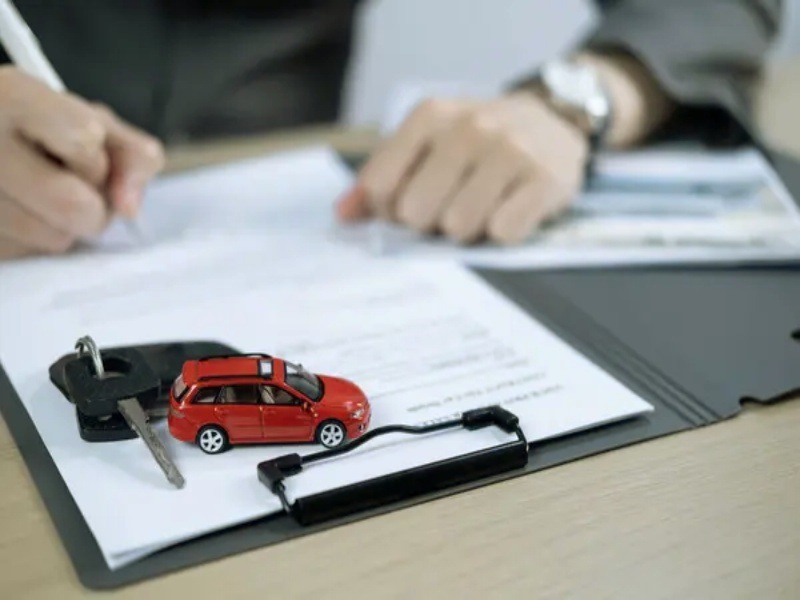
Possible Resolutions
Once your claim is validated, you have a couple of pathways for resolution. The first option often lies in a replacement vehicle. This means the manufacturer might replace your faulty vehicle with a comparable new one, which can be a refreshing solution if you’ve been struggling with recurring issues. It’s like getting a second chance at vehicle ownership; you won’t have to deal with the headaches that came with the lemon you previously owned.
The second option is a refund, where you receive your purchase price back minus a usage fee based on how many miles you’ve driven. Essentially, this means that you’ll recoup most of your investment, offering financial relief amidst the frustration of dealing with a defective vehicle. Think of it as recovering from an unfortunate shopping experience—while not ideal, it helps alleviate some of the disappointment.
However, what if disputes arise? This is where mediation or arbitration shines brightly as alternatives to traditional court proceedings. These processes can foster more amicable resolutions and allow for smoother negotiations without escalating into adversarial battles.
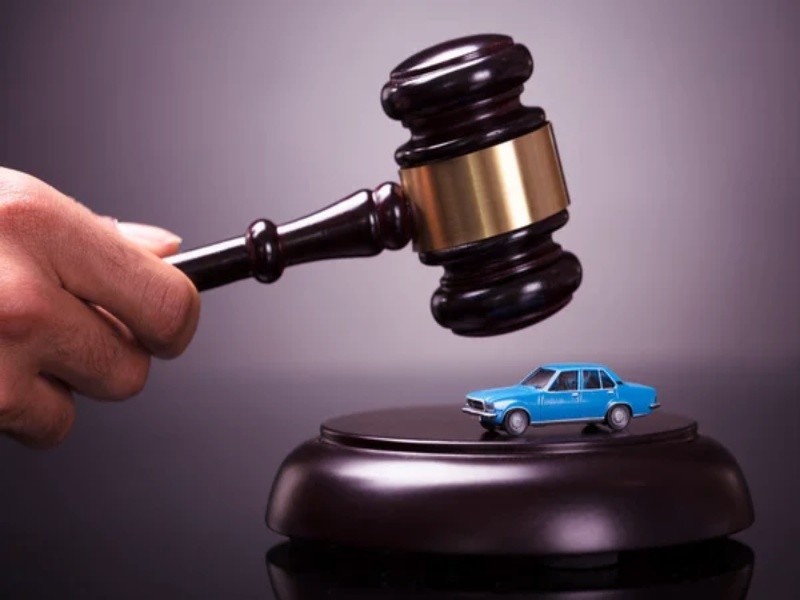
Mediation and Arbitration: A Gentle Approach
Mediation offers a platform where both parties can communicate their grievances and negotiate directly in the presence of a neutral third party. It encourages open dialogue and can lead to creative solutions tailored to everyone’s needs. You might find it’s easier to articulate your perspective in such an environment, perhaps even allowing for personal touches when negotiating the terms of your resolution.
On the other hand, arbitration involves presenting your case to an arbitrator, who then makes decisions that are legally binding. Although arbitration may feel more formal than mediation, it still has its advantages; notably, it saves time and avoids extensive court procedures. Be sure to consult with legal expertise beforehand so that your approach aligns best with your desired outcome.
Understanding these options equips you to navigate the claims process more effectively while ensuring you can advocate for your rights as a consumer. Now, let’s transition to clarify some widely held beliefs that need re-examining.

Myth Busting Common Misconceptions
Several myths confuse Ohio’s Lemon Law beneficiaries, often leading to missed opportunities for rightful claims. Direct insight can dispel these misunderstandings and empower consumers.
One prevalent myth is that “the law covers only brand-new vehicles.” This misconception could discourage many potential claimants who might not realize that the law also extends its protections to demonstrator models and certain leased vehicles as long as they meet specific criteria. For example, if you purchased a gently used car still under the manufacturer’s warranty, you may be eligible for a claim if it has a significant defect. Understanding this broad definition of eligibility can open doors for many frustrated drivers seeking relief.
Another myth that often arises is related to responsibility for repairs.
The belief that “you must personally fix the defect before filing” is another common fallacy. In reality, the responsibility for repairs falls squarely on the manufacturer once a defect is identified. However, it’s crucial to document all attempts at repairs meticulously. Consumers should keep records of repair appointments, communications with service departments, and any reports confirming ongoing issues. This ensures a robust case if you need to file a claim under the Lemon Law.
Proper documentation not only strengthens your position but serves as evidence of the manufacturer’s failure to address the problem effectively. If you approach your situation with organization and attention to detail, you will greatly increase your chances of a successful resolution.

Lastly, addressing these myths leads naturally into understanding how crucial it is to seek professional guidance in these cases.
When you dispel the myths and arm yourself with factual insights about Ohio’s Lemon Law, you’ll be better prepared to find the right legal assistance for your specific circumstances. Engaging with knowledgeable attorneys who specialize in Lemon Law can streamline your path towards achieving justice and securing compensation for your automotive troubles.
Having clarified these misconceptions, let’s explore how to connect with experienced professionals who can provide essential support tailored to your situation.
Finding Legal Help
Seeking legal counsel for a Lemon Law case is not just a matter of convenience; it can significantly enhance your chances of success. Attorneys who specialize in consumer protection and Lemon Law possess a wealth of knowledge about the complexities of these laws and how they apply specifically in Ohio. By tapping into this expertise, you aren’t just getting assistance with paperwork—you’re gaining a partner who understands your situation’s intricacies and can advocate effectively on your behalf.
Building a rapport with your attorney is crucial. A lawyer who listens to you and genuinely cares about the outcome of your case will not only make you feel more comfortable but will also provide personalized guidance tailored to your unique circumstances.
When searching for qualified attorneys, focus on those with a proven record in handling Lemon Law cases successfully. Look for client testimonials that reflect their experiences; often, previous claimants leave glowing reviews highlighting how their lawyers guided them through the nuances of Ohio’s legal landscape. For instance, one satisfied client shared, “I felt completely lost until my attorney explained everything clearly—it made a world of difference.”

Start your search by checking local bar association websites or consumer protection agencies. These resources frequently provide lists of specialized attorneys with verified backgrounds. Don’t hesitate to ask potential lawyers about their experience with similar cases—including win rates and notable settlements.
Additionally, many law firms offer free consultations, allowing you to assess their suitability without any financial commitment upfront. This initial meeting can provide valuable insights into their approach and whether they align with your expectations for representation.
Remember, you’re not alone in this process; numerous individuals across Ohio navigate similar issues daily. Understanding your rights under the Ohio Lemon Law equips you with the knowledge necessary to handle any Lemon issues effectively while reinforcing the importance of legal assistance in making this journey smoother and more successful.
Your journey through the Lemon Law process doesn’t have to be daunting; equipping yourself with the right legal support can pave the way toward a favorable resolution. Take action today and ensure that you protect your rights as a vehicle owner.
What qualifies a vehicle as a lemon under Ohio law?
Under Ohio law, a vehicle qualifies as a lemon if it has a defect that substantially impairs its use, value, or safety, and the manufacturer or dealer has had at least three attempts to repair the defect without success or if the vehicle is out of service for 30 cumulative days within the first year or 18,000 miles of ownership. This consumer protection measure ensures that buyers are not stuck with faulty vehicles, fostering accountability among manufacturers to deliver quality products.
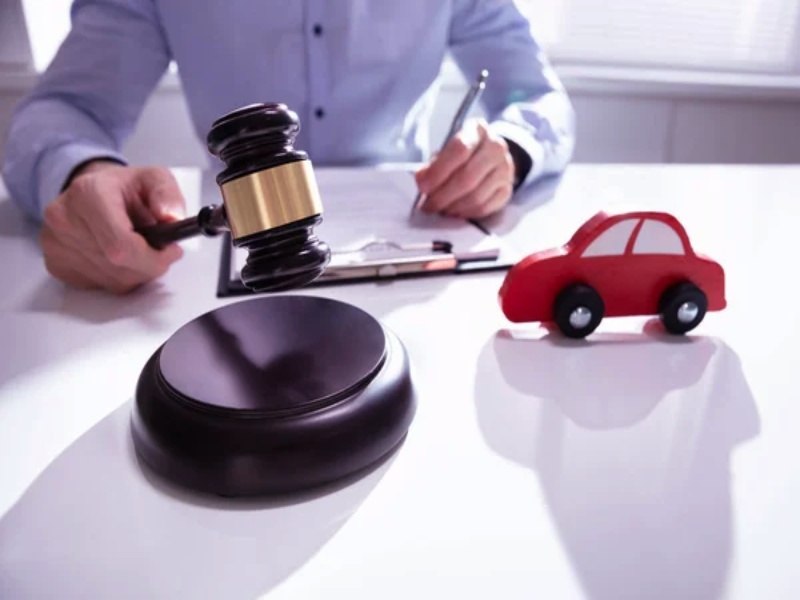
How does Ohio’s lemon law compare to lemon laws in other states?
Ohio’s lemon law is quite consumer-friendly, offering stronger protections compared to some states by allowing vehicle owners to seek a replacement or refund after a reasonable number of repair attempts for substantial defects. Unlike states with shorter time frames or fewer qualifying vehicles, Ohio’s law applies to new vehicles purchased or leased within the last year or 18,000 miles. Additionally, while some states have strict mileage limits for lemon law claims, Ohio’s criteria focus more on the defect severity and repair attempts, enhancing consumer rights significantly. This ensures that Ohioans have a robust mechanism for addressing automotive ineffectiveness compared to states with less comprehensive lemon laws.
What specific rights do consumers have when dealing with lemon vehicles in Ohio?
In Ohio, consumers have the right to a refund or replacement vehicle if their lemon vehicle cannot be repaired after a reasonable number of attempts, typically defined as three attempts for the same issue or being out of service for 30 days. The law mandates that consumers must notify the manufacturer and allow them the chance to fix the vehicle before pursuing any further actions. Statistics indicate that a significant percentage of lemon cases result in successful resolutions for consumers through arbitration or legal claims, empowering motorists to protect their rights effectively.
What steps must I take to file a lemon law claim in Ohio?
To file a lemon law claim in Ohio, first, ensure your vehicle qualifies by having a significant defect affecting its use, value, or safety that has not been fixed after a reasonable number of attempts (typically three). Gather documentation of the repairs and communications with the dealer. Next, provide a written notice to the manufacturer, allowing them 30 days to address the issue before you can file a formal complaint. Statistics show that approximately 1 in 10 new vehicles may experience lemon-like issues in their first year, emphasizing the importance of knowing your consumer rights.

Are there any time limits for filing a lemon law claim in Ohio?
Yes, in Ohio, there are specific time limits for filing a lemon law claim. Generally, you must file your claim within one year from the date of the vehicle’s original delivery to the consumer. This timeframe is crucial as it ensures that consumers act promptly to protect their rights. Failure to file within this period may result in losing your ability to seek remedies under the lemon law. It’s essential for vehicle owners to stay informed about these deadlines to effectively leverage their consumer protections.

